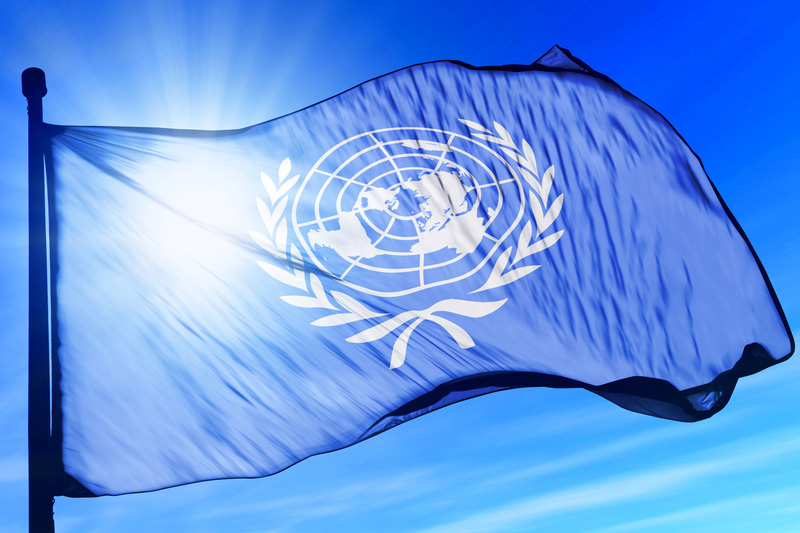VIENNA (Reuters) - Global efforts to stop the multi-billion-dollar business of trafficking in people are being hampered by perceptions that it is a soft crime unlikely to be punished, the head of the U.N. drugs and crime office told Reuters.
Of the 159 countries who have ratified a 2000 U.N. protocol to prevent and combat such trafficking, 15 percent did not record a single conviction between 2010 and 2012, compared with 16 percent of countries between 2007 and 2010, he said.
"That, of course, could not be considered as a success," said Yury Fedotov, executive director of the United Nations Office on Drugs and Crime. "People should understand that people-trafficking is a serious crime."
Another 25 percent of countries recorded 10 or fewer convictions in 2010-12, making conviction rates for trafficking as rare as those for homicides in Iceland or kidnappings in Norway, the United Nations says.
"So far, it has been considered by criminals as a safer criminal activity, compared to illicit arms or illicit drugs," Fedotov said. "What is important is not the harshness of the punishment but the perception that punishment is unavoidable."
Around 21 million people are victims of forced labour, according to the International Labour Organisation - exploited for prostitution, domestic work, agriculture, petty crime or even organ transplantation.
The ILO estimates that forced labour generates $150 billion in profits for the private sector alone, two-thirds from commercial sexual exploitation.
The United Nations, which designated Wednesday the first World Day against Trafficking in Persons, does not give estimates of the total number of trafficking victims, saying the data are too incomplete.
But it says trafficking victims are getting younger. Of the cases known to the United Nations, 59 percent are women, 14 percent are men, and the other 27 percent are children, mostly girls. That compares with children accounting for 20 percent in 2003-2006.
The most common cause of trafficking is for sexual exploitation, which is most frequent in Europe and the Americas, while trafficking for forced labour is more common in African and Asian countries.
Victims are most likely to be from East Asia, especially in the Middle East and the Americas, while sub-Saharan Africans are frequent victims in western and central Europe.
(This version of the story corrects paragraphs two and four to show figures of countries with no or few convictions are percentages, not absolute numbers.)
(Reporting by Georgina Prodhan; Editing by Ruth Pitchford)
